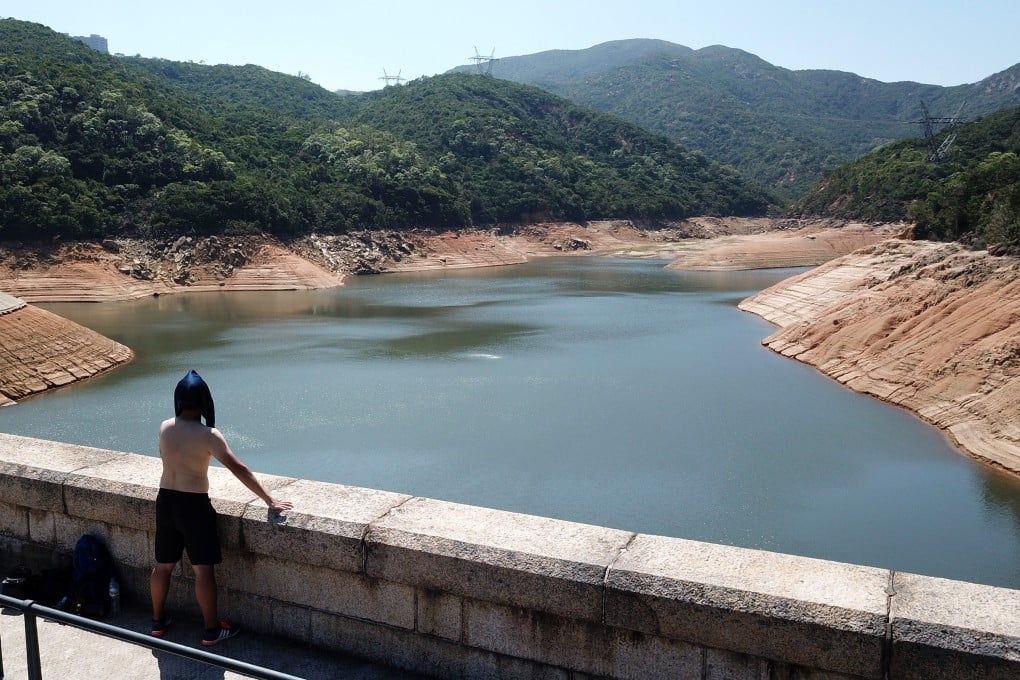Advertisement
Opinion | How AI can be key to water security in China’s Greater Bay Area
- Shenzhen and Hong Kong, the Greater Bay Area’s most important economies, both face serious water issues, which could impact business and daily life
- Artificial intelligence, cloud computing and big data could provide solutions to the area’s water supply management problems
Reading Time:4 minutes
Why you can trust SCMP

The world is moving towards large-scale urbanisation. China’s Greater Bay Area is likely to become the world’s largest-ever urban agglomeration as the Chinese government plans to link 11 cities in the Pearl River Delta region.
The development zone, home to financial and tech hubs like Hong Kong and Shenzhen, could have a combined gross domestic product of US$1.5 trillion. The total population will probably exceed 70 million as economic opportunities attract more people. Exactly how sustainable is this mega project?
One has to wonder if such a huge urban cluster can even function as a unit, considering problems that could arise, such as long commutes to work, resistance to gentrification and lack of buy-in, especially from the youth. But a more formidable concern is water security.
Advertisement
The Greater Bay Area is one of the driest in China, and two of its largest economies, Hong Kong and Shenzhen, have less per capita water availability than Middle Eastern countries like Syria. Water scarcity can directly impact economic and business activity, as well as the daily lives of a massive population.
How then will the Greater Bay Area thrive? Presumably with the help of advanced technology, like artificial intelligence, which can be used to tackle water wastage, urban flooding and water conservation, and to improve water security.
Advertisement
The latest part of China’s Greater Bay Area development plan is to expand the Qianhai economic zone in Shenzhen, with a view to better integrating the Hong Kong economy into the Greater Bay Area.
Advertisement
Select Voice
Select Speed
1.00x
.jpg?itok=JSqVqCOy&v=1682928701)
